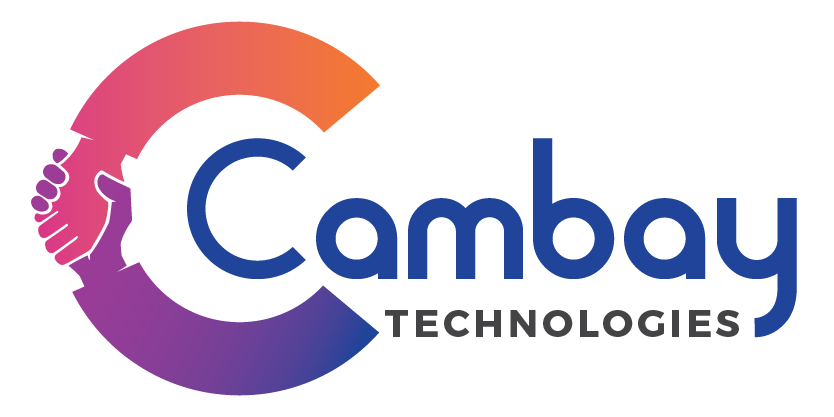Blockchains are incredibly popular nowadays and widely regarded as the next enormous innovation to follow after the internet. Blockchain is a decentralized, shared, rigid ledger comprising records called blocks to track assets and record transactions across a business network. An asset can be tangible like building, machinery, vehicles, etc., or intangible like patents, brand value, trademark etc.
Each block in the blockchain holds data of valid transactions in form of batches. The data that is accumulated inside a block depends on what kind of blockchain it is. A blockchain might consist of several layers such as hardware, networking, proof of work, data, and decentralized applications (DApp). No block involved can be modified without altering all successive blocks. The block is usually digitally signed to assure the integrity of the data.
Blockchain can be thought of digital database that stores information electronically in the form of digital data. The blockchain network allows tracing and tracking of anything that has a value from financial transactions to medical records or even land titles to be traced and traded which reduces the risk involved and brings about significant cost savings for everyone involved.
Blockchain was designed to be decentralized and distributed to a large network of computers that can also be referred to as a ‘peer-to-peer network’. This decentralizing of information prevents the risks associated with tampering of data and brings trust to the data. A cryptography puzzle is required to be solved before adding a new block to the chain thus creating a block. The computer that solves the puzzle shares the solution to all the other computers involved in the network which is referred to as ‘proof of work’. The whole network then verifies the proof of work. If the verification is found to be valid, then the new block will be added to the chain. The combination of complex math puzzles and verification by multiple computers ensures that each and every block can be trusted and relied upon.
At present, there are at least four kinds of blockchain networks – private blockchains (accessible to a selective group of authorized users), public blockchains (open to everyone to view and access) , consortia blockchains (only participants of network can access the data who can also control the data) and hybrid blockchains ( In some, those with private access can see all the data while the public can only see the selections, and In others all can see the data however only few parties can have access to add new data).
Why blockchain is supreme
Data is the most vital resource for every business. It is more important that the information received is as quick as possible and of high accuracy. Blockchain technology is ideal for delivering that information since it provides instant, decentralized and explicit information stored on an immutable ledger that can be accessed only by authorized network participants. Blockchain technology network can be used to track a variety of things such as orders, payments, transactions, production, etc.
One can transparently view all end-to-end details of transactions.
Operations often waste effort on duplicate record keeping and third-party validations. Record-keeping systems can be vulnerable to fraud and cyberattacks. Limited transparency can slow data verification. And with the arrival of IoT, transaction volumes have exploded. All of this slows business, drains the bottom line — and means we need a better way. Enter blockchain.
Let’s have a closer look at some blockchain use cases and applications in various streams :
Capital Markets
Blockchain is undoubtedly beneficial to both the investors as well as issuers in capital market. It facilitates decentralized bonds registration as well as instantaneous settlement of these securities. For issuers, it enables convenient, inexpensive and quick access to capital via configurable digital assets and securities. For investors, it reduces the hindrance to issue new assets.
Digital IDs
Blockchain can enable users to have greater control over their individual identities. With blockchain technology, information about identity is auditable, traceable, and verifiable — in just seconds.
Energy and Sustainability
Enterprise level blockchain solutions can tremendously lower costs associated with operations and distribution of oil and gas. It can also help increase overall process efficiency.
- Global Trade and Ecommerce
- Government and the Public Sector
- Healthcare
